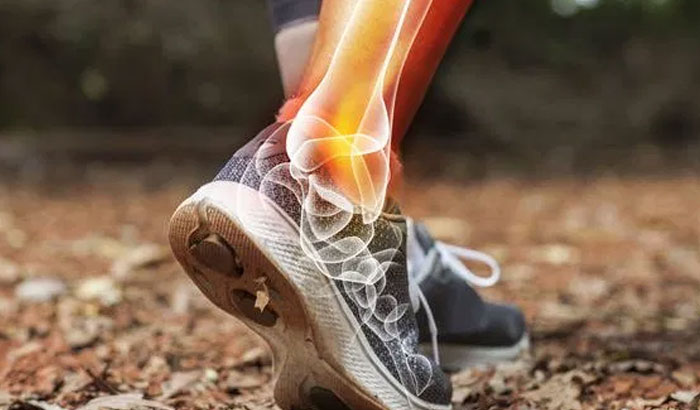
Mineral and bone disease can affect those who have chronic kidney disease (CKD). But what exactly does that mean? Two minerals, calcium and phosphorous, plus hormones, are needed for healthy kidneys to function properly. The reason they are so important are because minerals and hormones help keep the bones in the body strong. But, if the minerals and hormones are out of balance, bones can become weak, brittle, and may even break.
Healthy kidneys do many important jobs. They remove wastes and extra fluid from your body, help make red blood cells, and help keep bones strong. They also help to keep the right amount of minerals in your blood. Minerals are nutrients that your body needs to stay healthy. When you have kidney disease or kidney failure, your kidneys cannot do these important jobs. As a result, you may develop mineral and bone disorder. It is a common problem in people with kidney disease, and it affects almost everyone with kidney failure.
Closely monitoring your calcium, phosphorus and parathyroid hormone blood levels is essential. Your bones and joints may become achy and sore, but it takes many years for this to occur. This is why...PREVENTION IS KEY! We must keep our kidneys healthy so they can do their job properly and keep us healthy which includes our bones.
Even though the body needs all four of these mineral and hormones to function—the body requires balance. When these essential minerals and hormones get out of balance, the bones in the body start to develop problems. Your kidneys and your parathyroid glands work together to make sure your calcium and phosphorus levels remain balanced. When healthy, your kidneys take the Vitamin D from the foods you eat and turn it into an active form of Vitamin D called Calcitriol. Calcitriol is necessary for bone growth and development and maintaining a balanced amount of calcium in your blood. Healthy kidneys also remove extra phosphorus from the blood, and that also helps to keep bones strong.
Chronic kidney disease means the kidneys are not functioning properly. When kidneys are not working properly, the following can happen: Vitamin D is not converted to Calcitriol, the parathyroid glands begin working too hard, and the kidneys stop removing phosphorus. The consequences of this are weak, brittle and fragile bones.
Change in Diet and Nutrition
Avoid foods that contain added phosphorous such as dark sodas, beer, nuts, chocolate, peanut butter and dairy product
Exercise
To help strengthen bones, add some light weight-bearing exercises, talk to your healthcare provider before.
Medications
Phosphate binders – they bind to the excess phosphorus in the blood and the phosphorus is eliminated in the stool.
Supplements
Vitamin D and Calcium Supplements
Dialysis
Removes waste products and will also remove excess phosphorus from the body
Parathyroidectomy
Surgical procedure to remove some or all the parathyroid glands.